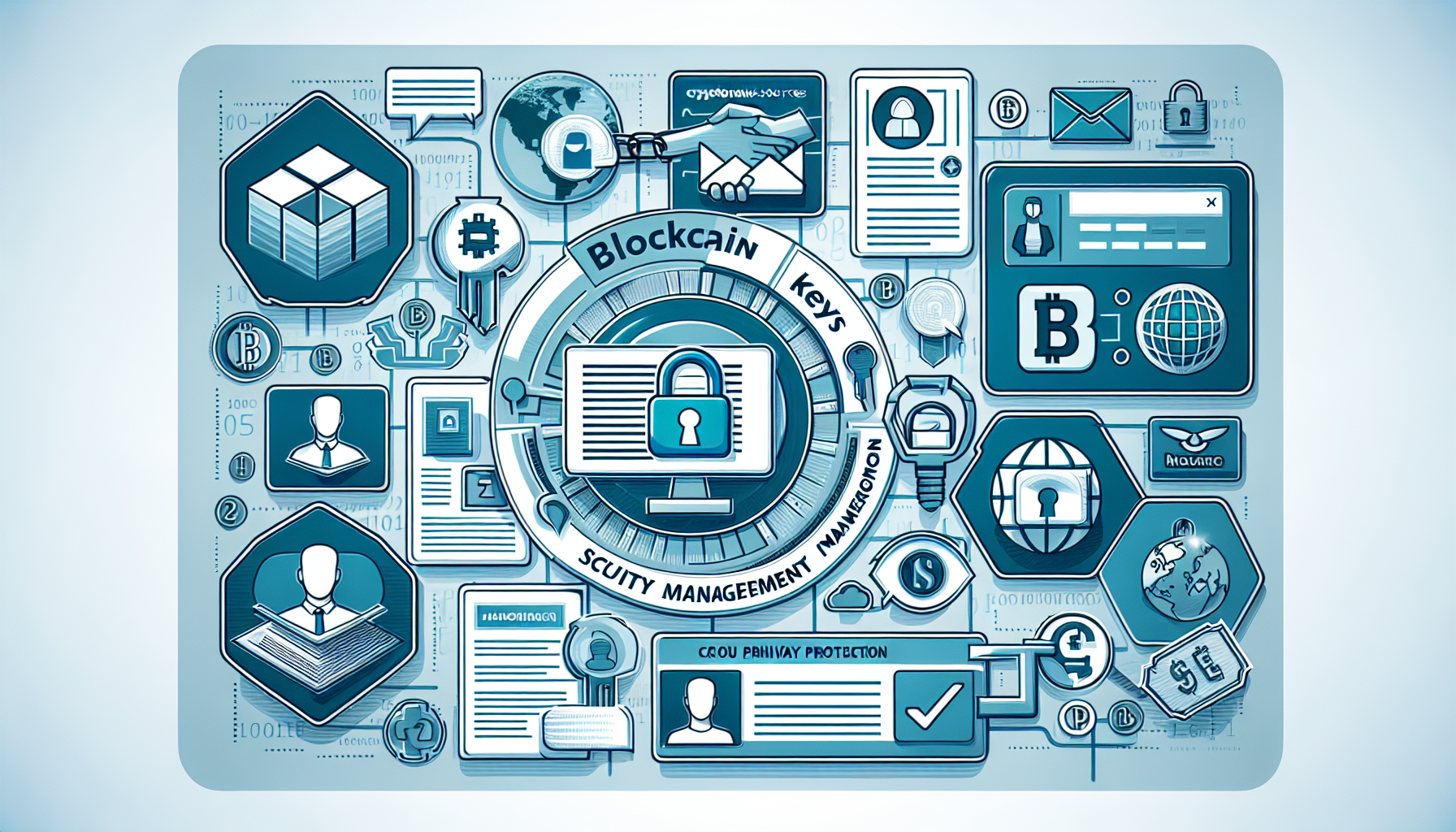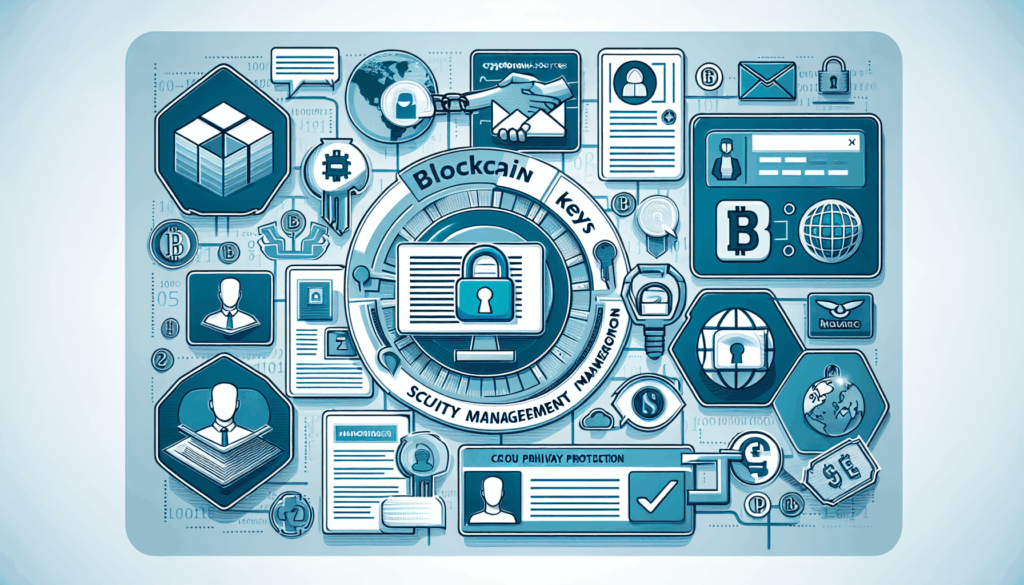Blockchain and Identity Management: Revolutionizing Security
Blockchain and Identity Management: Revolutionizing Security
In today’s digital landscape, the significance of blockchain and identity management has surged. Individuals are increasingly vulnerable to identity theft and data breaches, causing a pressing need for robust authentication systems. Traditional methods often fail to secure sensitive information efficiently, presenting an urgent call for innovative solutions. This article delves into the synergistic potential of blockchain technology in solving identity management challenges.
Pain Points in Identity Management
Consider a recent case where a financial institution suffered a massive data breach, exposing over a million customer records. This incident underscores the critical vulnerabilities of conventional identity management systems. With cybercriminals growing ever more sophisticated, users require a safer, more transparent way to manage their identities. The reliance on passwords and centralized databases alone is proving to be insufficient.
Solutions Explored
The amalgamation of blockchain technology with identity management presents transformative solutions. Here are key steps to implementing a blockchain-based identity management system:

- Decentralized Identity Creation: Users create their identities on a blockchain, ensuring control over their data.
- Multi-Factor Authentication (MFA): Utilizing biometric data, smart contracts, and cryptographic protocols enhances security.
- Ongoing Verification: Regular checks ensure that only verified individuals can access identity-relevant information.
| Parameters | Traditional Solutions | Blockchain Solutions |
|---|---|---|
| Security | Vulnerable to breaches | Highly secure with decentralization |
| Cost | High maintenance costs | Lower operational costs over time |
| Applicable Scenarios | Limited adaptability | Versatile across multiple industries |
A recent report by Chainalysis predicts that by 2025, blockchain-based identity management could reduce fraud by over 70%, emphasizing the technology’s growing significance in combatting identity theft.
Risk Warnings
While the advantages are clear, it is crucial to understand that implementing blockchain for identity management also carries risks, such as:
Compliance Concerns: Stricter regulations may apply. Ensure your solution adheres to local laws.
Technical Complexity: Implementing such systems may require advanced knowledge and resources. Evaluate your team’s skills before proceeding.
Conclusion
The integration of blockchain and identity management clearly holds transformative potential for both businesses and consumers. By adopting blockchain technology, organizations can significantly enhance their identity verification processes, ensuring greater security and peace of mind.
At cryptonewssources, we believe in staying at the forefront of innovation in the digital identity landscape. The future of identity management lies within blockchain, and it is vital for all stakeholders to leverage its advantages effectively.
FAQ
Q: What are the benefits of using blockchain for identity management?
A: Blockchain offers enhanced security, reduces fraud risks, and grants users more control over their personal information. Thus, it’s a major step forward in blockchain and identity management.
Q: How does blockchain improve security in identity verification?
A: By decentralizing user data, blockchain makes it difficult for hackers to access large databases, therefore fortifying the identity verification process through blockchain and identity management.
Q: Is transitioning to blockchain-based identity management expensive?
A: Although initial setup costs may vary, blockchain typically reduces long-term operational expenses, making it more cost-effective than traditional methods in the long run.
Author: Dr. John Smith, a renowned expert in cybersecurity and blockchain technologies, has authored over fifteen papers on digital identity solutions and played a pivotal role in auditing the SecureID project.




